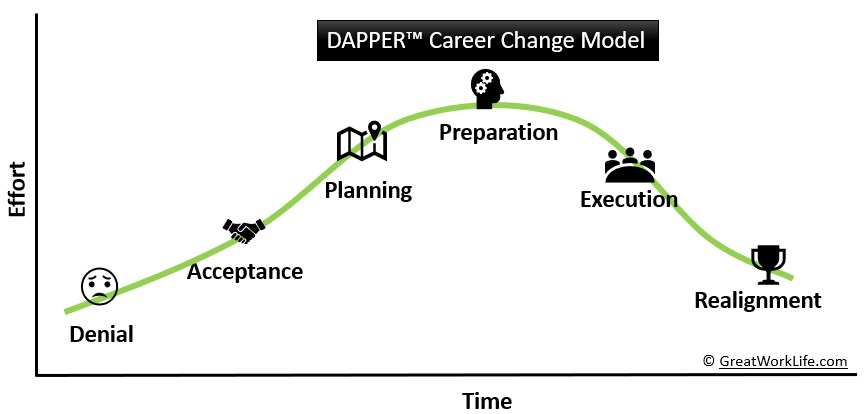
There are many steps involved with career planning. These steps include setting goals, gathering career information and self-assessment. Here are some steps in the planning process. You are now ready to move on to the next stage: determining your career goals. It might be useful to take into account your skills, interests, and abilities. You should have a clear career goal that is achievable and worthy of being pursued.
Career information gathering
There are many sources that can provide career information. The sources could include libraries, trade associations, business firms, and the Internet. There aren't any central databases with comprehensive information that can be used to search the Internet for every job. You may need to search by field or discipline to find the right job. Keywords can help you narrow down your search. An example: A word of mouth referral could lead you to an entry-level role in a particular field.
A key step in career planning is to get as much information as you can. The federal government lists more than 31,000 careers. But, students often admit that they only have a limited understanding of these options. It is important to learn about all possible fields so that you can choose the one that best suits your needs. Career information gathering may come from computerized assessment tools such as MyPlan, publications about careers, or from suggestions from friends and family.

Goal setting
A goal setting process is a key part of career planning. Setting goals gives you a framework that you can use to help you reach your career goals. Dreaming of a certain destination always feels good and aims to make you happier. But without a plan on how to get there, you may end up feeling stuck in a rut. The best way to break through the rut is to write down your goals and set milestones along the way.
A goal-setting software will help you define what you are really passionate about and how you can achieve it. Start by identifying your interests, even if you don’t have a particular goal. If you admire public speakers, take some public speaking classes. If you are interested in becoming a data analyst, learn how to program. So that you can easily track your progress, make sure your goals are clear.
Career progression
It can help an organization recruit, retain and grow its best people by establishing and implementing a comprehensive progression plan. It can also help with performance management as everyone in a career level will be evaluated using the same standards. This helps reduce favoritism and improves employee satisfaction and loyalty. Learn how to create a career progression plan for your company.
While determining your career progression plan, consider the reasons behind it. Do you desire to make a difference in the company's success? Your plans will be determined by understanding your purpose and your experience and skills. You may feel like you are just treading water, and not knowing what you should do. A plan or objective will help you avoid being lost and encourage you to develop.

Self-assessment
To begin career exploration, you must conduct a self-assessment. The self-assessment will help you to decide which career would best suit your personality and interests. This can help you determine whether you are qualified for the chosen career path. Self-assessment will not guarantee your dream career but it will help you choose the right career path.
For the best self-assessment, you should consider your strengths and weaknesses. Highlight your achievements and highlight what you need to improve. You will demonstrate to your employer that this is something you are willing to do. After you have completed your self-assessment you can start to plan how you will implement your results.